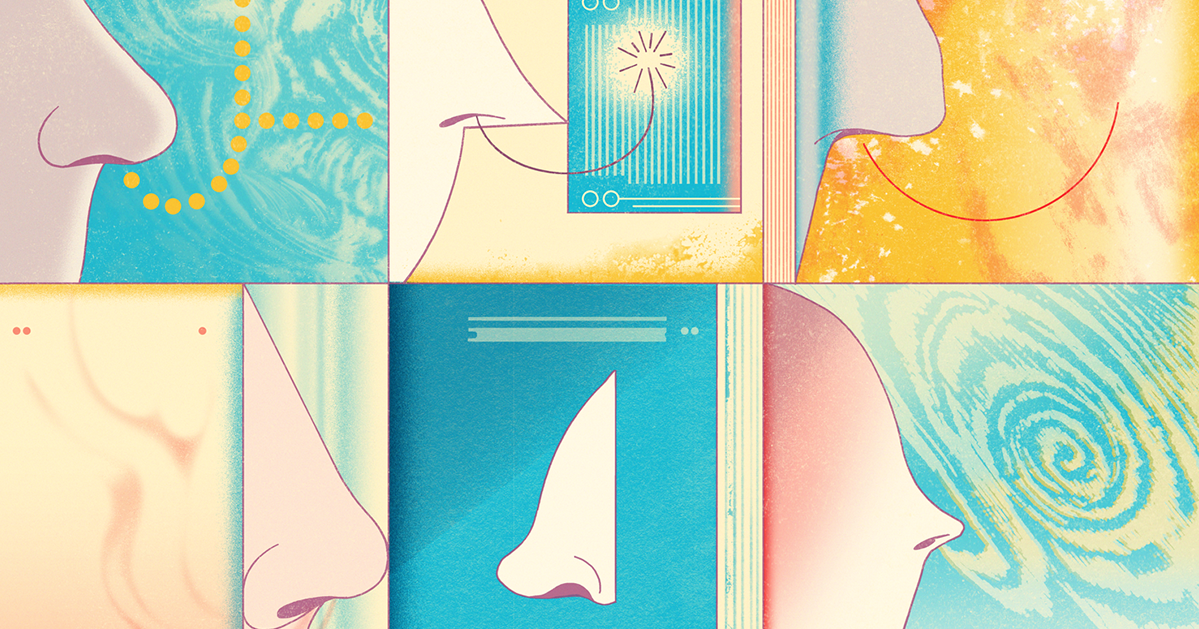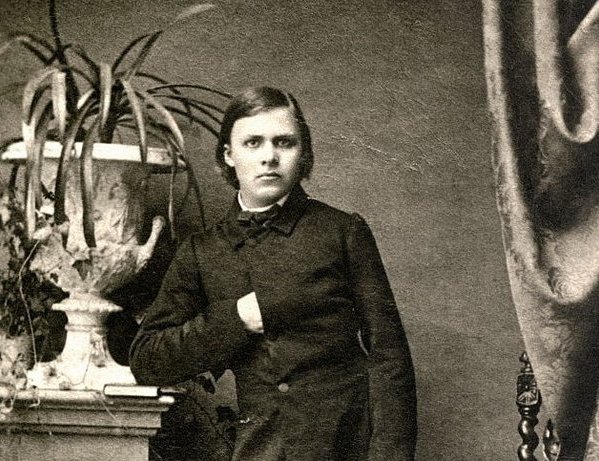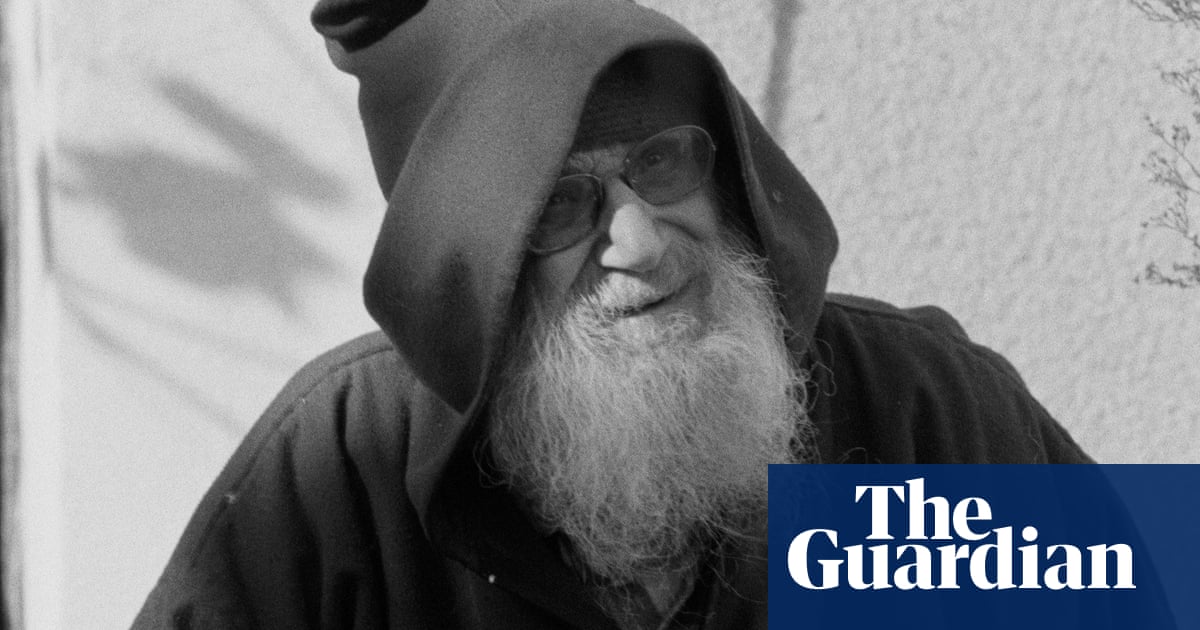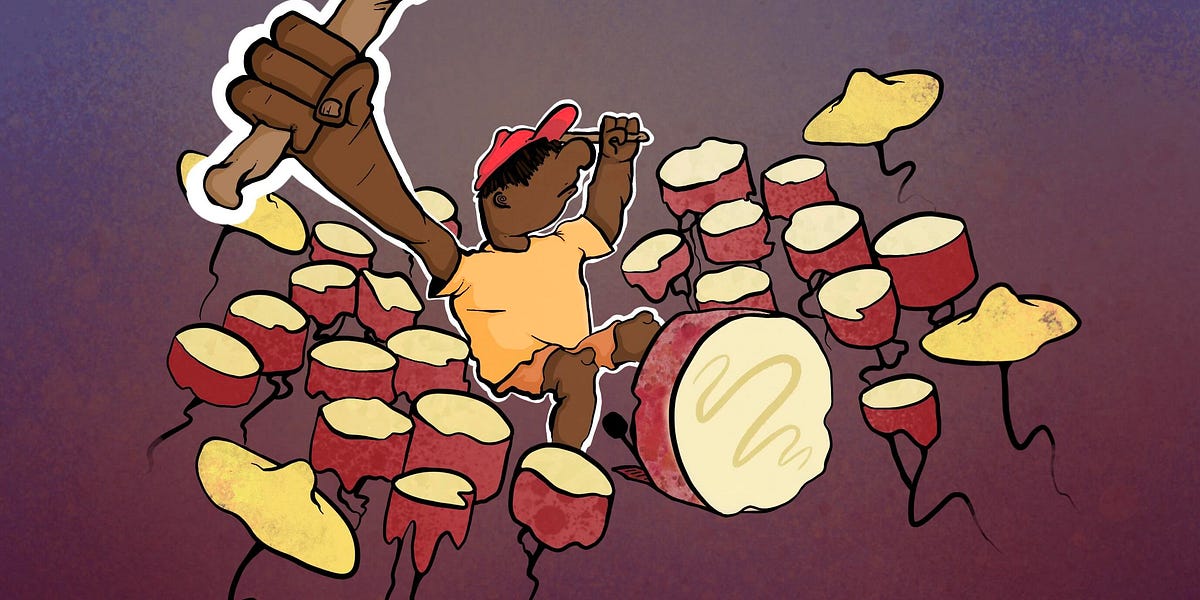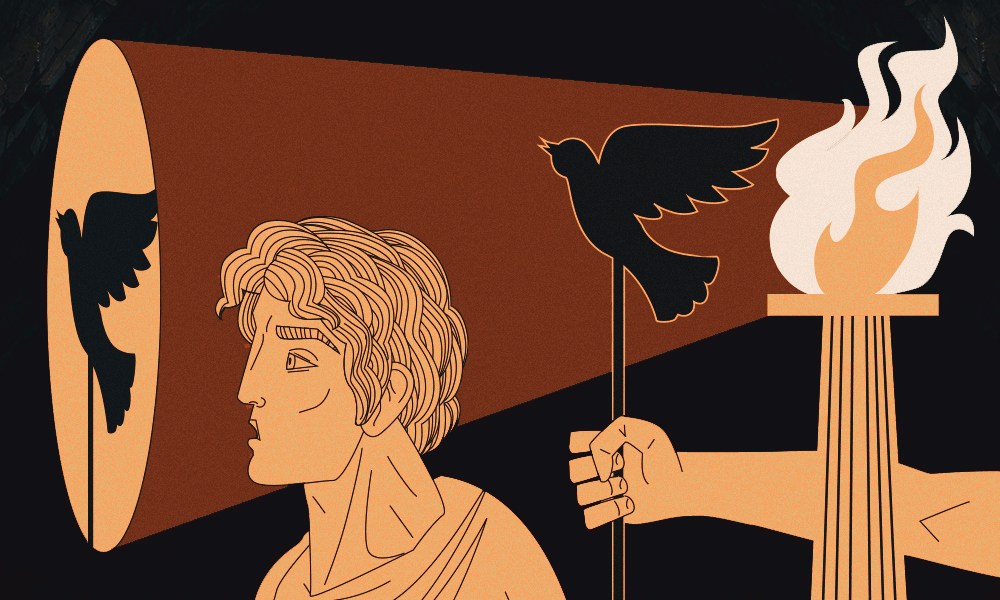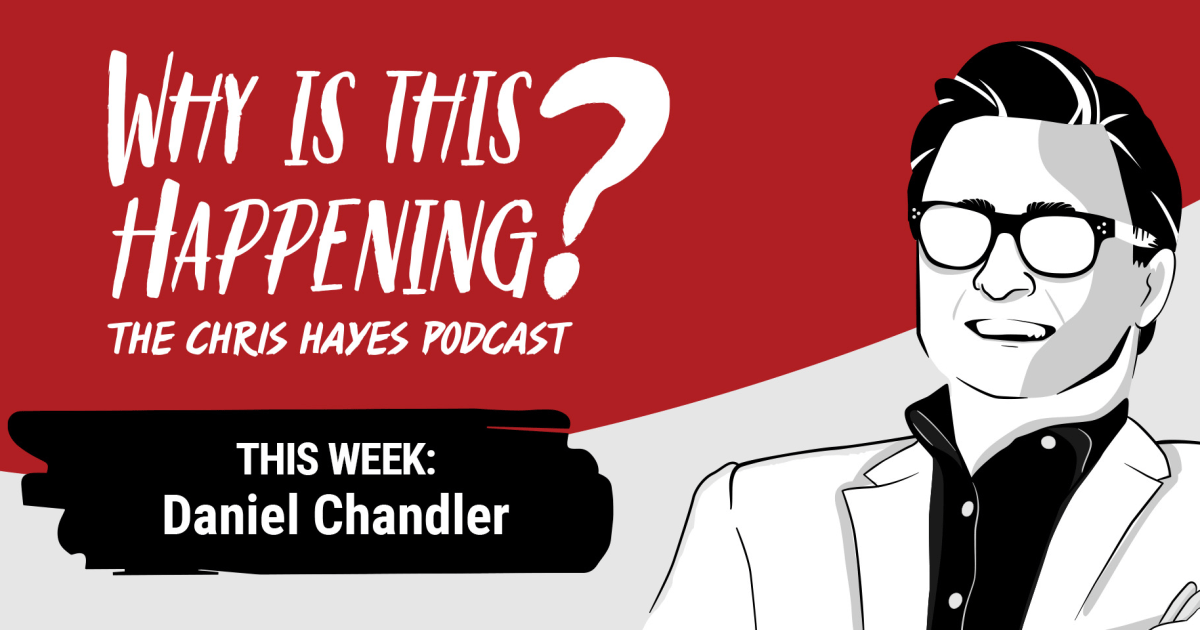Does science erode meaning? (paper)
ABSTRACT: Humans need to experience meaning in their lives yet often find it difficult to do so. We argue that, for nonreligious individuals in many Western cultures, the materialist and reductionist ideology that surrounds scientific practice and data may be an impediment to attaining a robust sense of meaning in life. Furthermore, scientific materialism and reductionism may be especially problematic for existential mattering—the form of meaning entailing a belief that one’s life matters in the context of the universe as a whole. We review new research supporting this account, along with implications for those immersed in the materialist worldview. We conclude by suggesting possible means of finding meaning, including a sense of existential mattering, without abandoning science, and highlight research directions to further examine these possibilities.
- - - - - - - - - - - - - -
The odds on an empty cosmos
INTRO: When Arthur C. Clarke tells me that something is terrifying, he’s got my attention. After all, since boyhood I’ve not only had my imagination greatly expanded by Clarke’s work but have learned a great deal about scientific methodology and detachment.
So where does terror fit in? Clarke is said to have used the term in a famous quote: “Two possibilities exist: either we are alone in the Universe or we are not. Both are equally terrifying.” But let’s ponder this: Would we prefer to live in a universe with other intelligent beings, or one in which we are alone?
Are they really equally terrifying? Curiosity favors the former, as does innate human sociability. But the actual situation may be far more stark, which is why David Kipping deploys the Clarke quote in a new paper probing the probabilities... (MORE - details)
- - - - - - - - - - - - - -
This researcher wants to replace your brain, little by little

 www.technologyreview.com
www.technologyreview.com
EXCERPT: The trickiest part is your brain. That ages, too, shrinking dramatically in old age. But you don’t want to swap it out for another—because it is you. And that’s where Hébert's research comes in. He’s been exploring ways to “progressively” replace a brain by adding bits of youthful tissue made in a lab. The process would have to be done slowly enough, in steps, that your brain could adapt, relocating memories and your self-identity. (MORE - details)
_
ABSTRACT: Humans need to experience meaning in their lives yet often find it difficult to do so. We argue that, for nonreligious individuals in many Western cultures, the materialist and reductionist ideology that surrounds scientific practice and data may be an impediment to attaining a robust sense of meaning in life. Furthermore, scientific materialism and reductionism may be especially problematic for existential mattering—the form of meaning entailing a belief that one’s life matters in the context of the universe as a whole. We review new research supporting this account, along with implications for those immersed in the materialist worldview. We conclude by suggesting possible means of finding meaning, including a sense of existential mattering, without abandoning science, and highlight research directions to further examine these possibilities.
- - - - - - - - - - - - - -
The odds on an empty cosmos
INTRO: When Arthur C. Clarke tells me that something is terrifying, he’s got my attention. After all, since boyhood I’ve not only had my imagination greatly expanded by Clarke’s work but have learned a great deal about scientific methodology and detachment.
So where does terror fit in? Clarke is said to have used the term in a famous quote: “Two possibilities exist: either we are alone in the Universe or we are not. Both are equally terrifying.” But let’s ponder this: Would we prefer to live in a universe with other intelligent beings, or one in which we are alone?
Are they really equally terrifying? Curiosity favors the former, as does innate human sociability. But the actual situation may be far more stark, which is why David Kipping deploys the Clarke quote in a new paper probing the probabilities... (MORE - details)
- - - - - - - - - - - - - -
This researcher wants to replace your brain, little by little

This researcher wants to replace your brain, little by little
The US government just hired a researcher who thinks we can beat aging with fresh cloned bodies and brain updates.
EXCERPT: The trickiest part is your brain. That ages, too, shrinking dramatically in old age. But you don’t want to swap it out for another—because it is you. And that’s where Hébert's research comes in. He’s been exploring ways to “progressively” replace a brain by adding bits of youthful tissue made in a lab. The process would have to be done slowly enough, in steps, that your brain could adapt, relocating memories and your self-identity. (MORE - details)
_



















